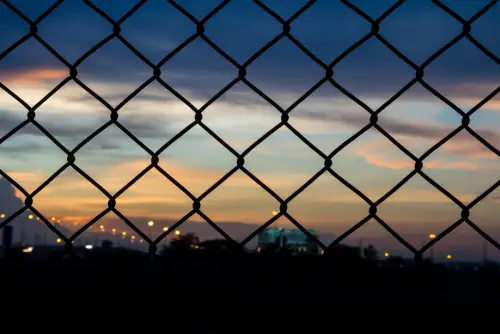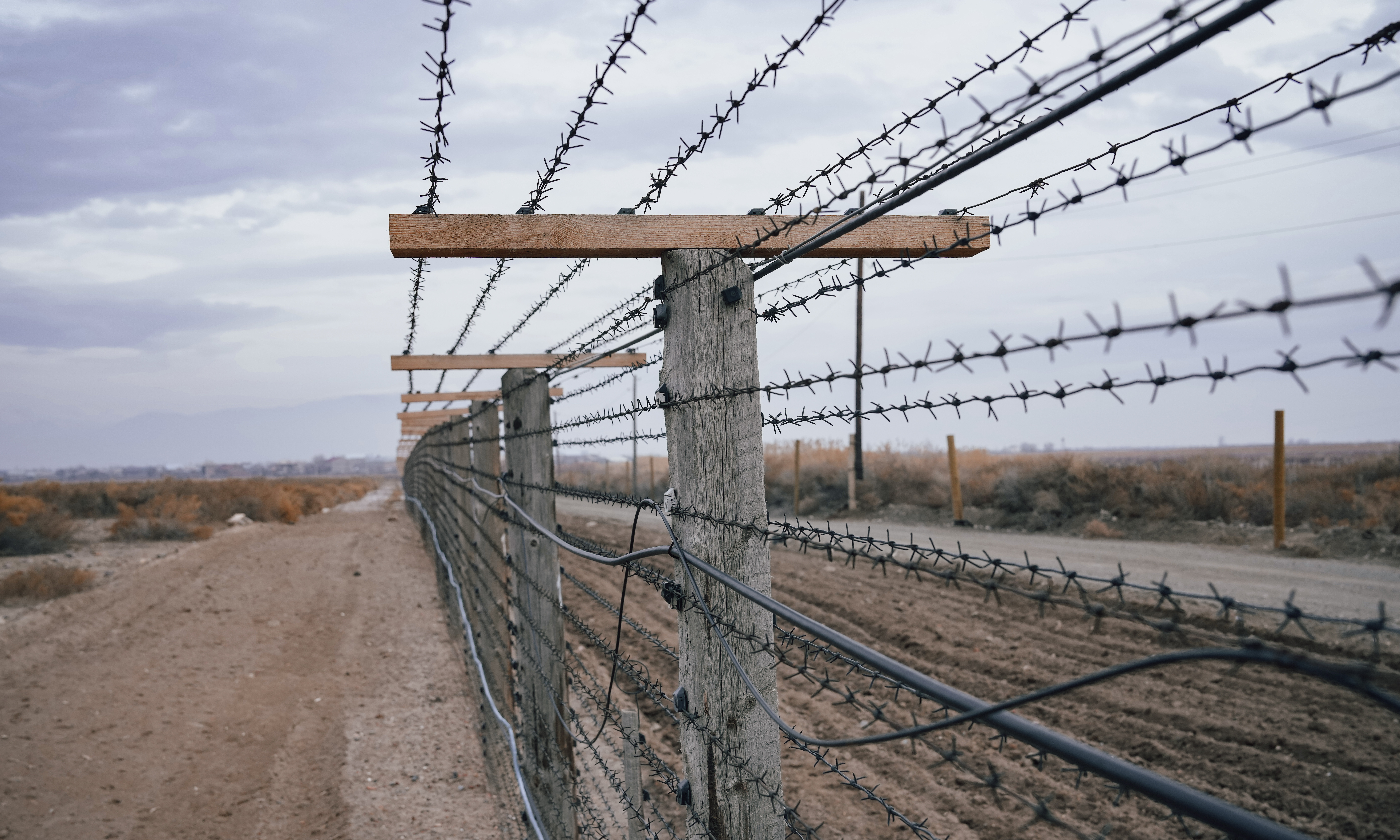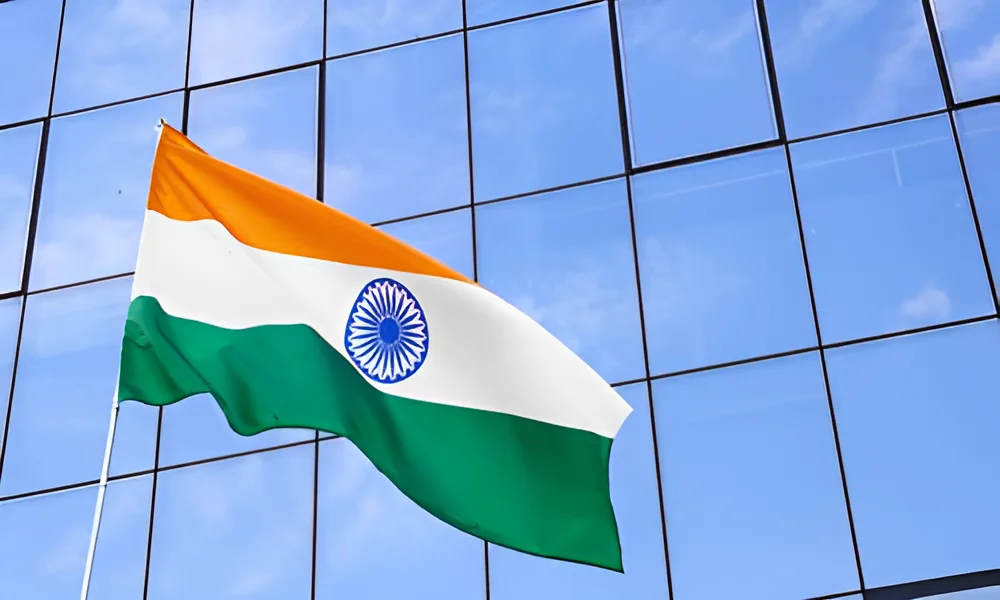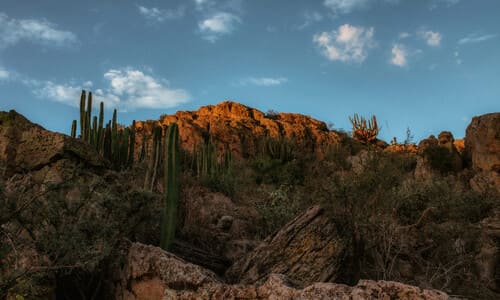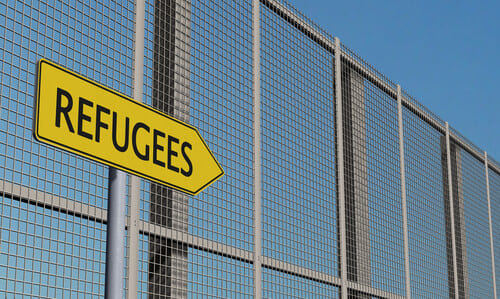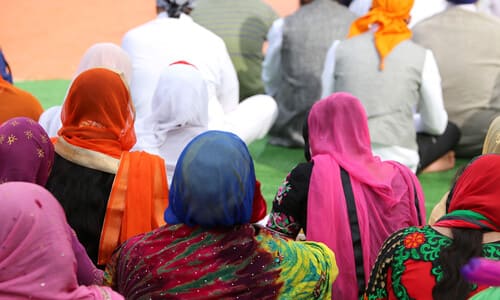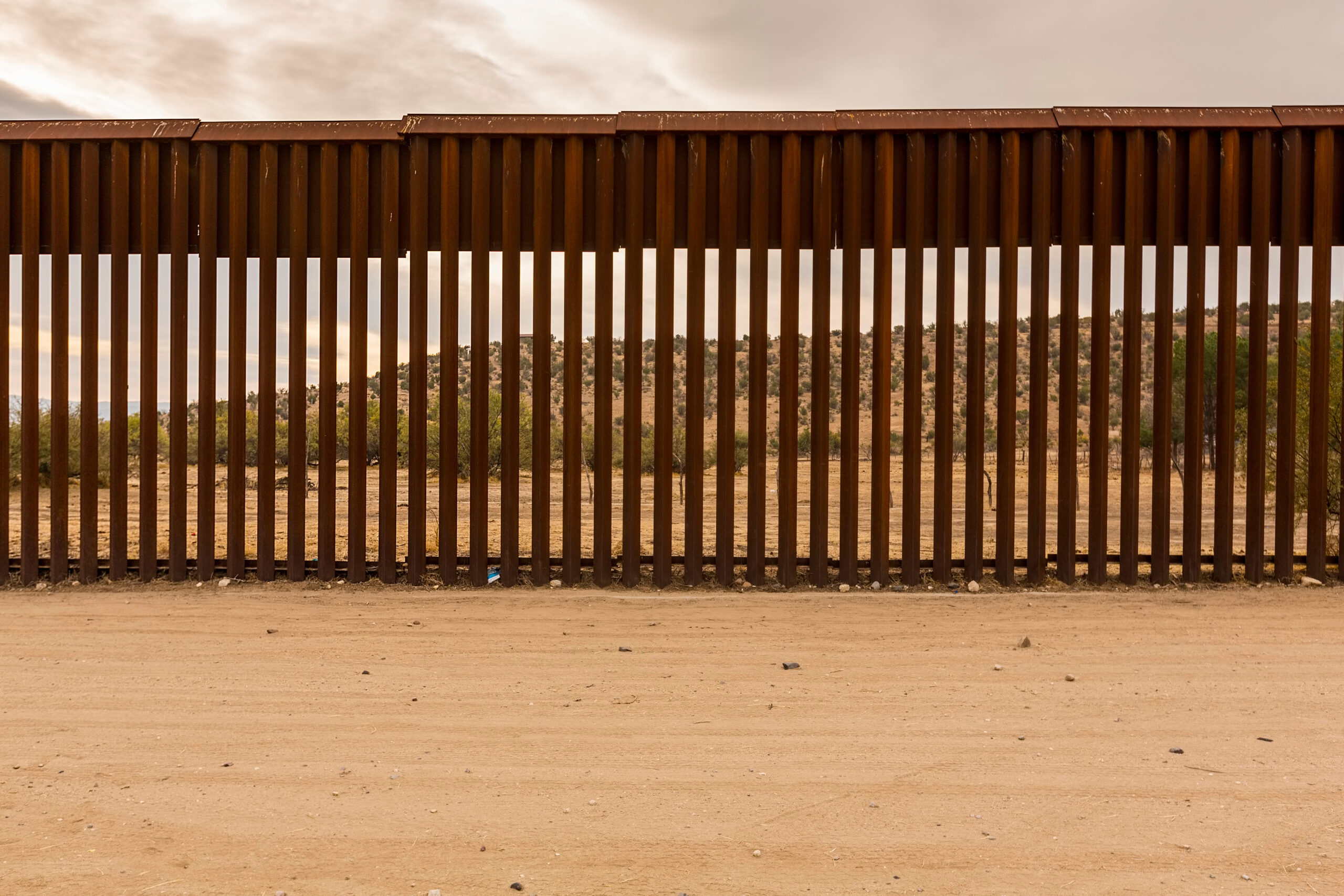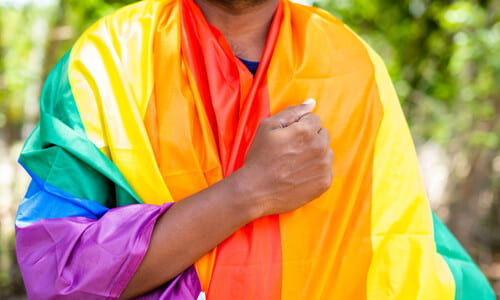 Across much of the globe, legal rights for LGBTQ+ individuals still remain in a dire state. The United States, long-held as a bastion of liberal freedoms, barely managed to legalize same-sex marriage in a close 5-4 Supreme Court decision that took place not even ten years ago.
Across much of the globe, legal rights for LGBTQ+ individuals still remain in a dire state. The United States, long-held as a bastion of liberal freedoms, barely managed to legalize same-sex marriage in a close 5-4 Supreme Court decision that took place not even ten years ago.
India has no such affordances for same-sex marriage, and it only recently decriminalized gay sex via a Supreme Court decision in 2018, overturning a century-old law known as Section 377, which had been affirmed just five years earlier by the same court.
Despite some level of progress, stigma and discrimination still affect the lives of LGBT Indians daily. Many saw laws like Section 377 as a permit to “extort and abuse gay people, knowing most would be reluctant to seek help from a government that regarded them as criminals,” The Guardian reported in 2019. That same cloud of oppression keeps many in India from being openly expressive of their sexual identity while harassment and harm continue.
A 2019 UNESCO survey of sexual and gender minority youth in India found that 84% of those surveyed had been bullied, largely by classmates but also by male teachers. Further, just 18% of those said they had reported such an incident to their school.
Such experiences can drive many Indian LGBT individuals into secrecy — or to seek amnesty in another country thousands of miles away.
Thousands of Indian Migrants Seek Asylum and Safety, Many of Them LGBT
A 2022 BBC interview, recounted in an article by Mexico Daily Post, tells the story of Jashan Preet Singh. Thirty-four years old, he made his way to the United States after a series of trips arranged by an illegitimate “travel agency,” a euphemism sometimes used by human smuggling operations in India. After a stint in Turkey and France, Singh was taken to Mexico City, where he made his way north towards the U.S. southern border in order to make an unauthorized crossing — and get caught, where he could then request amnesty.
While his journey was harsh and dangerous, it was a better alternative, Singh said, to what he faced back home.
“There were 15 or 20 people who tried to kill me,” he told the BBC in his interview. “I ran away from there and saved my life. But they cut various parts of my body.” He indicated scarring and mutilation on his arm and his thumb.
LGBT individuals aren’t the only ones suffering under a cloud of hate crimes and oppression. Since the rise of India’s Bharatiya Janata Party in 2014, led by Prime Minister Narendra Damodardas Modi, explicit policies and implicit permissions emboldened political extremists in the country. Muslims, Christians, Sikhs, and southern migrants all have been instilled with fear in the wake of violent events happening throughout India.
Citing U.S. immigration attorney Deepak Ahluwalia, Mexico Daily Post notes that the trend in Indian asylum seekers is directly correlated to the rise in persecution. These immigrants shell out their life savings and undertake dangerous journeys with the goal of making it to America, where they may, hopefully, be given the chance to request asylum. These individuals tend to see the U.S. as “the ultimate gateway” away from fear and into a life where they can thrive, Ahluwalia says.
Reach Out to Experienced U.S. Asylum Attorneys
If you are caught up in the U.S. immigration system after fleeing persecution in your home country, legal help is available. Singh Ahluwalia Attorneys at Law have decades of collective experience representing tens of thousands of individuals facing deportation or dealing with other legal issues in the U.S.
Getting to the U.S. is a perilous — and often deadly journey — but concerns don’t end once the border is crossed. Let us help you advocate for your legal rights and build a case to maximize your chances of succeeding in your goals and, hopefully, living a better life here.
Schedule a confidential, no-obligation case review today when you call our California asylum lawyers at 559-878-4958 or contact us online.
